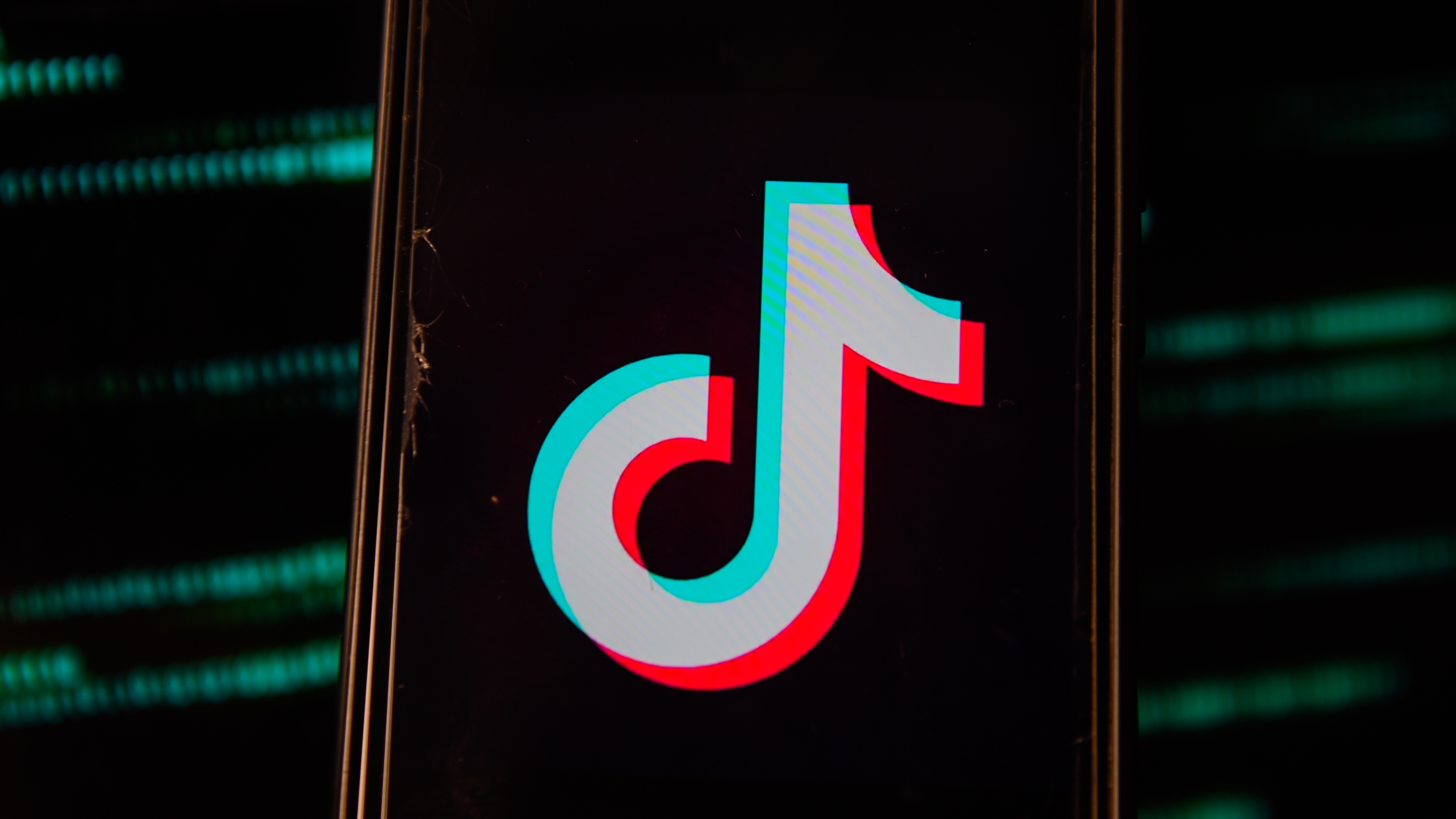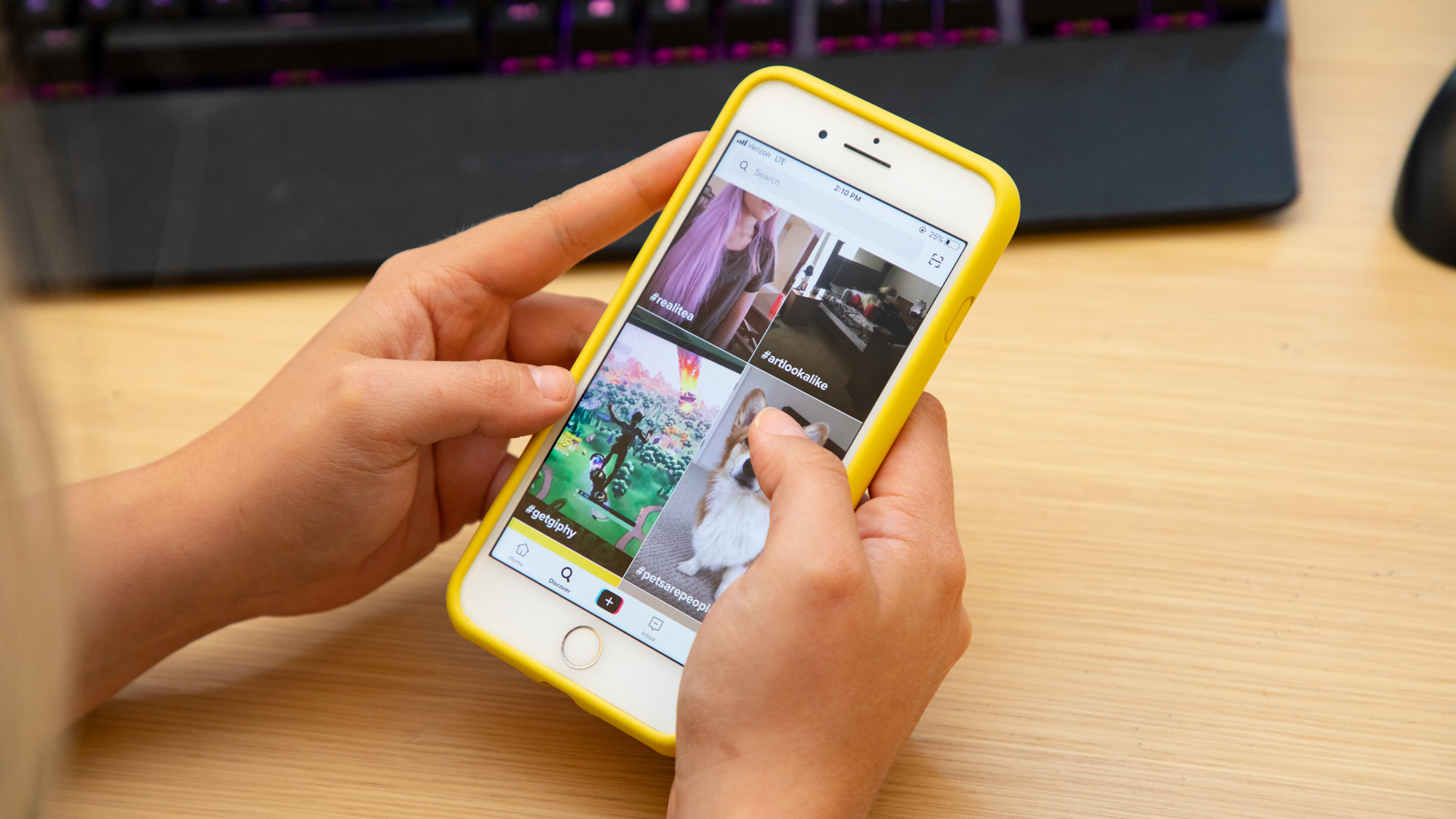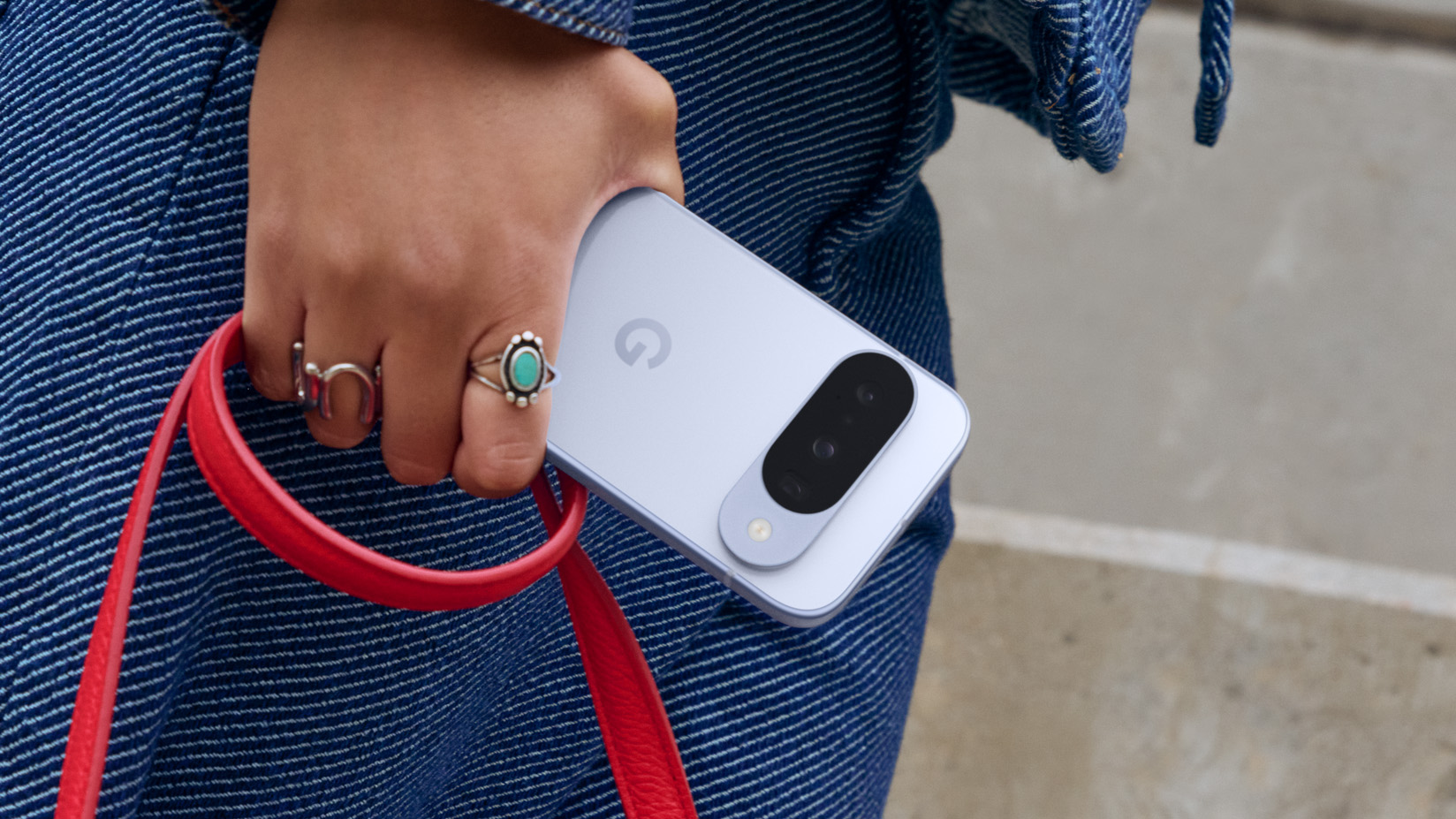TikTok ban could hit US — here's everything we know
Everything you need to know about an impending TikTok ban.

Industries, influencers and teens are preparing for a TikTok ban that could strip the most popular social media platform of late from U.S. users.
In recent weeks, U.S. government officials have proposed a TikTok ban, citing national security concerns raised by the gathering of information by a foreign state.
Although there is limited evidence that TikTok’s China-based parent company ByteDance is an active threat, U.S. lawmakers could follow India’s lead in prohibiting the social-media app
- Is TikTok safe? What parents need to know
- Check out the latest iPhone 12 leak
- New: Nasty Android malware attacks Facebook, Gmail and more
On June 29, India announced a ban on 60 Chinese mobile apps, including TikTok. The move came after a violent clash in the Himalayas earlier in the month escalated tensions between the two countries.
The New York Times reports the ban is a form of retaliation, with India blocking Chinese telecommunication companies from profiting off its internet boom.
According to the research firm Sensor Tower, India has been the biggest driver of TikTok installations, delivering 30.3% of the total Iife time downloads of the social media app.
As a result, India’s vehement TikTok ban has launched several peripheral probes into ByteDance and the data it collects from users.
Get instant access to breaking news, the hottest reviews, great deals and helpful tips.
The Committee on Foreign Investment in the U.S, for example, is reviewing the ByteDance acquisition of American company Musical.ly that morphed into TikTok two years ago, while Secretary of State Mike Pompeo told Fox News on July 6 the White House is “certainly looking at” banning the apps.
“Only if you want your private information in the hands of the Chinese Communist Party,” Pompeo said when Fox News asked if people in the U.S. should install TikTok.
According to Reuters, TikTok has about 26.5 million monthly active U.S. users. Although 60% are between ages 16 and 24, the app is used by sports teams, news outlets, celebrities, musicians, influencers and more.
Rolling Stone reports the music industry in particular relies on TikTok for growing artist brands, and could face negative repercussions if a TikTok ban is enacted.

Will TikTok get banned?
The U.S. government has not approved a formal plan for banning TikTok, though lawmakers are pushing for fast action against the app from multiple angles.
Republican Senator Josh Hawley proposed a bill called ‘No TikTok on Government Devices Act’ that would ban federal workers from installing TikTok on government-issued devices. The New York Times says the Senate Homeland Security and Governmental Affairs Committee will review the bill on July 22.
Some companies with concerns of data privacy have already issued policies prohibiting employees from using TikTok. Wells Fargo banned TikTok from company devices on July 13 after learning “a small number” of employees had it installed on their corporate phones.
Amazon, meanwhile, instructed employees on July 10 to delete the app from their personal devices, but has since backtracked on that edict. An Amazon spokesperson told The Verge that company correspondence regarding the ban was “sent in error.”
TikTok’s U.S. team hasn’t stayed quiet amid the ban threat. It seems to be taking steps to distance itself from ByteDance, including hiring former Disney streaming chief Kevin Mayer as its CEO. It also launched an initiative with creators on July 16 to combat misinformation, according to FastCompany.
"There’s a lot of misinformation about TikTok right now,” said TikTok head of U.S. public policy, Michael Beckerman in a statement (via CNN.)
TikTok ban date: When TikTok getting banned could happen
In an interview with Gray Television on July 7, President Trump said the U.S. is considering a TikTok ban, confirming Pompeo’s statements to Fox News.
No sweeping legislation has been brought forth to ban TikTok for all U.S. users, but conversations that take place during the No TikTok on Government Devices Act debate on July 22 could be telling of future action. A TikTok ban for government workers may add weight to concerns about TikTok’s handling of user data.
A recent discovery hasn’t helped TikTok’s case, either: Forbes reported last month that Apple's iOS 14 identified TikTok as one of the several apps snooping on user's iPhone clipboards.
When security researchers reported a similar data privacy issue earlier this year, ByteDance allegedly denied intentional involvement and vowed to fix the issue. But with new iOS 14 users able to receive "paste" warnings when apps are reading their clipboards, TikTok may have found itself dancing on thin ice.

Kate Kozuch is the managing editor of social and video at Tom’s Guide. She writes about smartwatches, TVs, audio devices, and some cooking appliances, too. Kate appears on Fox News to talk tech trends and runs the Tom's Guide TikTok account, which you should be following if you don't already. When she’s not filming tech videos, you can find her taking up a new sport, mastering the NYT Crossword or channeling her inner celebrity chef.
 Club Benefits
Club Benefits





